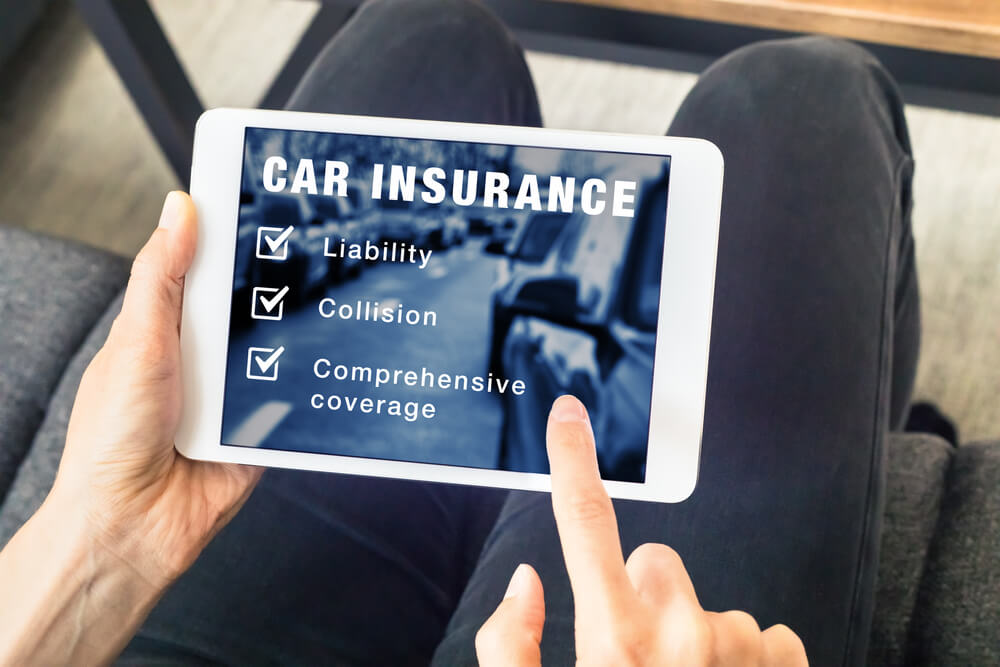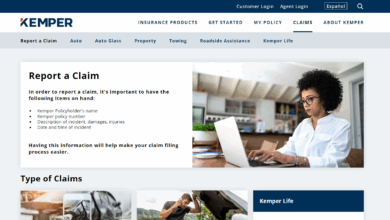Liability vs Full Coverage Auto Insurance: The Ultimate Guide

When you start exploring auto insurance policies for your car, one of the first things you should learn is the difference between liability vs. full coverage auto insurance. Understanding these auto insurance coverage options is the key to getting the perfect policy for your situation.
One is a cheap plan that gives you the minimum protection you need to keep your car street-legal, while the other offers you maximum peace of mind at a higher price tag. So, which is right for you? This guide breaks down everything you need to know.
What Is Liability Insurance and What Does It Cover?
Liability policies are plans that will cover your financial liability toward the other party if you are at fault for an accident. Essentially, if you cause a crash that damages someone else’s property or injures someone else, your liability plan will foot the bill up to your policy limit. Many states require you to have a minimum level of liability protection for both personal injury and property damage, but the limits vary by state.
Many drivers choose to increase the limits of their state-required liability since in a bad crash, those amounts may not be enough to cover all the damage another party suffers.
Pros and Cons of Liability Insurance
The main benefit of a liability policy is its affordability. It’s the lowest level policy you can get and be legal, so it’s also the cheapest. Additionally, it provides the basic protection you need to avoid going into debt or having a massive bill to pay for someone else’s repairs if you cause an accident. On the other hand, it only offers a minimum level of protection, so it won’t cover any damages to you or your vehicle and, if it is not enough, you’ll still be left paying out of pocket for someone else’s costs.
What Is Full Coverage Auto Insurance and What Does It Cover?
A full coverage plan will pay to replace or repair your vehicle after an accident, regardless of who is at fault. If you cause an accident, your full coverage plan will pay for your car repairs or replacement under the collision or comprehensive part and the other party’s expenses up to your liability limits.
The Benefits of Having Collision and Comprehensive Protection
Getting a full coverage plan with collision protection gives you maximum financial protection and peace of mind. You’ll be able to handle the repairs or replacement of your vehicle, even if you are at fault. The comprehensive protection pays for incidents that aren’t related to a collision, such as hail damage or theft. Plus, many full coverage plans come with roadside assistance.


Key Differences Between Liability and Full Coverage Auto Policies
When it comes to full coverage vs. liability insurance, these two types of plans are designed to provide different levels of protection for different kinds of drivers. Doing a basic auto insurance comparison is the best way to learn the difference between your options.
When Liability Insurance Is Enough vs. When Full Coverage Is Necessary
In some cases, liability is all you need. If you have a cheaper or older car, you might not be as worried about paying for repairs or a replacement if you get into an accident.
However, if you have a new, expensive car you can’t afford to fix or replace, you’ll need more support. Additionally, if you have a loan out on your vehicle, many lenders will require you to provide proof of full coverage.
Cost Considerations: How Liability and Full Coverage Impact Your Premiums
Because they offer different levels of protection, these policies come with different price tags. Liability will have the cheapest premiums and give you the most affordable car insurance, while a full plan will be more expensive.
How To Decide Which Coverage Is Right for You
If you’re wondering which option is best for you and your vehicle when it comes to liability vs. full coverage auto insurance, it’s important to consider a few key factors to help you choose.
How Your Car’s Age, Value, and Usage Affect Your Decision
Getting the right policy is all about balancing risk. Typically, the newer and more valuable your car is, the more expensive it will be to repair, so you’ll want a plan with protection for more situations. If you don’t drive very often, you’re also at less risk of getting into an accident, so you might be okay with less protection.
The Importance of Your Personal Budget and Risk Tolerance
Finances also play a big part in choosing your policy. You may only be able to afford a liability plan, then switch to full when your budget increases. You also might stick with full protection even if you have an older car simply to reduce your overall financial risk.
How Freeway Insurance Can Help You Choose the Right Coverage
Understanding the difference between liability vs. full coverage auto insurance can help you pick out a policy with the right balance of protection and affordability for you. While basic plans may be enough if you have an older, cheaper car that’s fully paid off, a full coverage plan may be necessary if you have a high-ticket vehicle that’s still being financed.
Regardless of which option you choose, it’s important to get your policy from a trustworthy provider. Freeway Insurance auto insurance plans are affordable and reliable, whether you want a comprehensive plan with all the bells and whistles or just a basic option to get you from A to B. Find the best auto insurance coverage for your vehicle today at a local Freeway Insurance office, visiting us online for a quote, or calling 800-777-5620.



